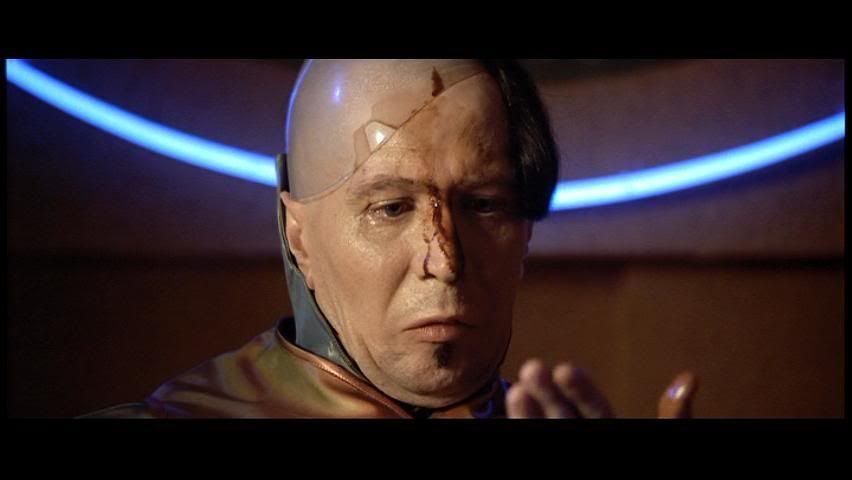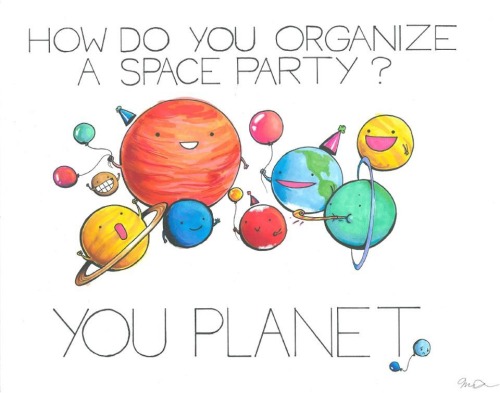If they really calculated an asteroid would hit us in five years... a planet killer... you would think people would do away with money and politics to fight the damn thing....
We'd spend way too much effort into arguing whether or not it would strike.. then it would be too late. This dark asteroid is pretty terrifying though. What if there are massive asteroids out there with <2% reflective surface? Such an amazing universe.





